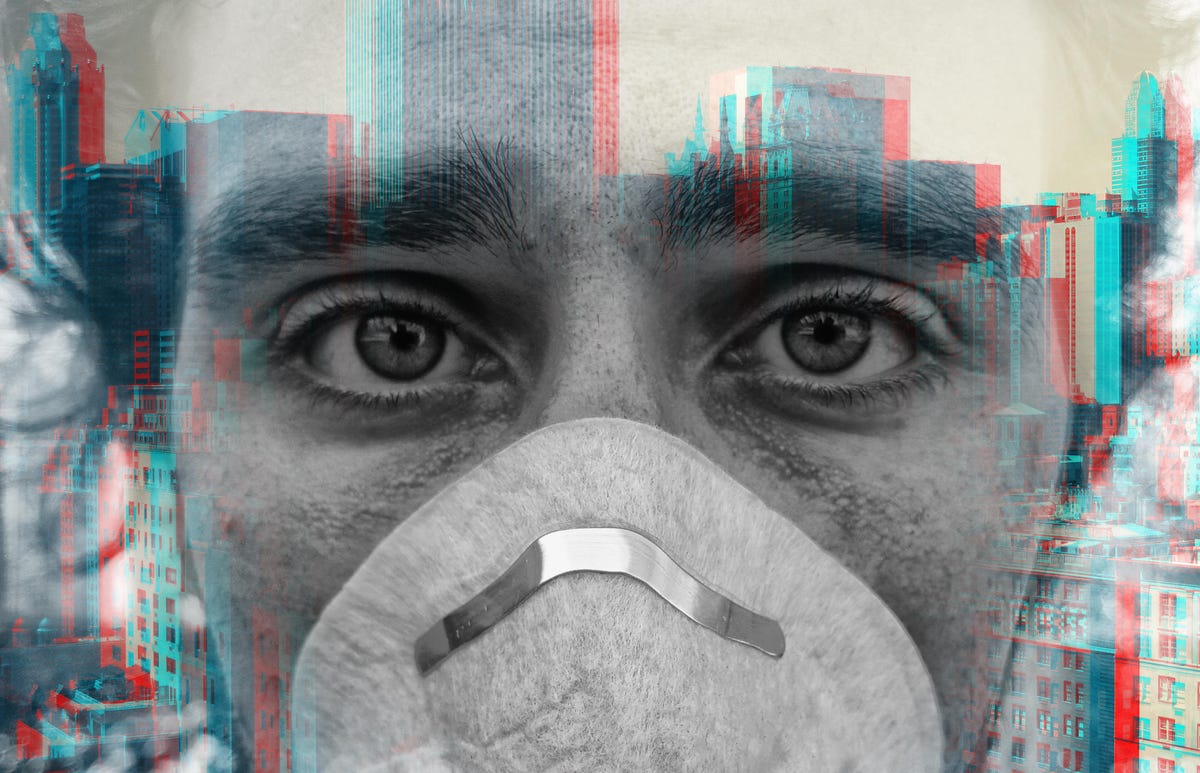MAY 8, 2022 · Written by Tutu

Mental health encompasses the psychological, emotional, and social well-being of individuals. It has an impact on the way we act, think, and feel. The capacity to handle stress, make choices and relate to other people is determined by mental health. At every point in life, mental health should be treated with priority as it is very important to the overall health of humans. When mental health is compromised, it affects the mood, behavior, and thinking ability of any individual. Different factors can contribute to poor mental health and an example of this is work stress.
Work stress can be defined as the negative emotional and physical effects a worker experiences with his job requirement which does not match his needs and resources. Work stress can affect the physical and mental health of any worker. According to research, the mental health of healthcare workers is constantly compromised due to their work stress.
Healthcare workers are at the forefront of the battle with the pandemic facing challenges while treating infected patients. They are burdened with fighting to keep patients alive while fighting to keep themselves and their families alive. The following are some challenges faced by healthcare workers during the Covid-19 pandemic:
How Healthcare Workers Are Exposed To Mental Health Problems

Workplace conditions: For healthcare workers, work condition has always been a challenge that they try to cope with. Working conditions for healthcare workers that cause mental health issues include:
Exposure to different human suffering and death of patients. Healthcare workers are mostly faced with being empathic and feeling their patients’ pain. Patients’ death can also take a toll on their mental health especially when they have done their best to keep the patients alive.
Extremely stressful and emotional situations while caring for sick patients.
Risk of injuries and challenging physical work while handling patients.
Pressures from relationships with family members, employers, and patients.
Long work hours and unpredictable work schedule. This can be called as-needed scheduling. Workers experience unplanned double shifts and unexpected intensity of on-call work.
Financial strain: having to keep working and not having enough to get by with, will have its toll on the mental health of workers.
Unpredictable and unstable work lives and not being able to have a healthy work-family balance. Workers need support and time with their families to keep them sane.
Hazardous exposure during work and risk of infections while being on the frontline fighting diseases.
The covid-19 pandemic added a lot of stress, exhaustion, loss, and grief to the healthcare workers. During this period, there was an increased workload with fewer staff to work with. This caused increased anxiety and stress. Many healthcare workers lost patients dear to them, friends, and families, and they have to continue working and fighting for the lives of others. This prevented healthcare workers from getting the help they needed for their mental health.
The mental health of healthcare workers should be considered as they directly affect their work and the lives they work with. Private bodies and government should put in place measures that will ensure that healthcare workers’ mental health is treated with urgency and care.
































